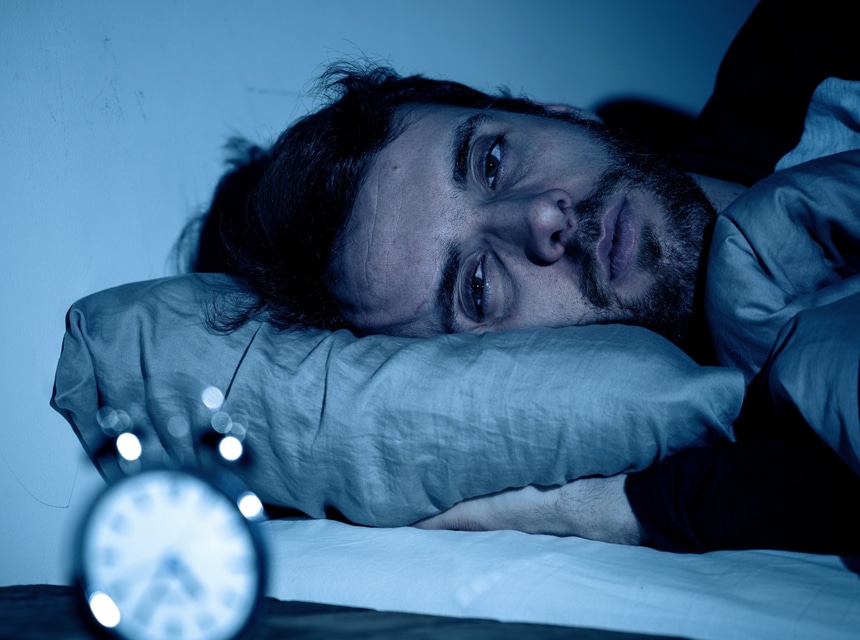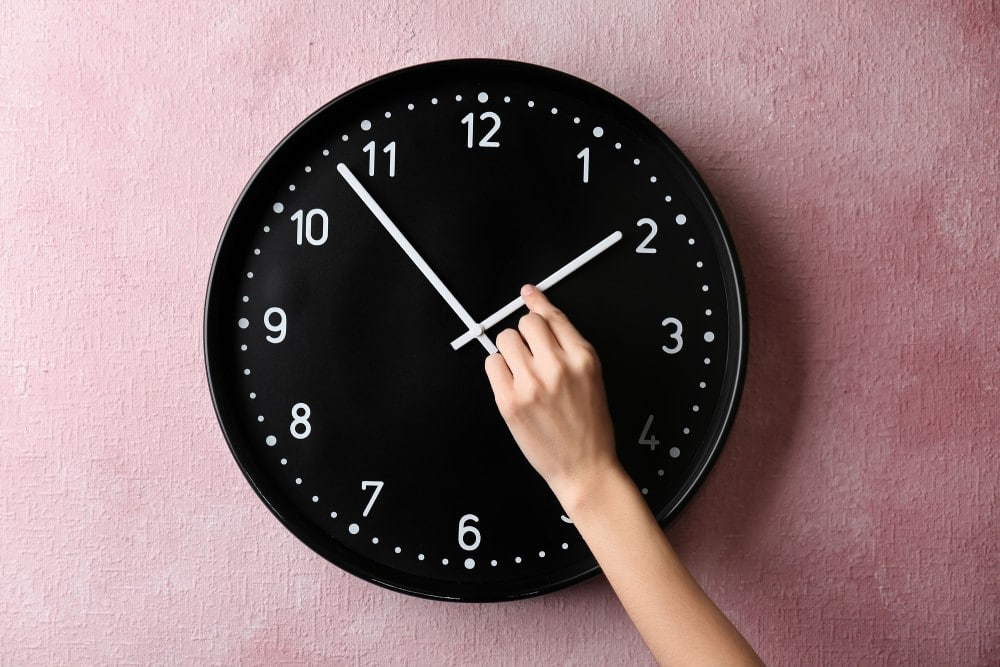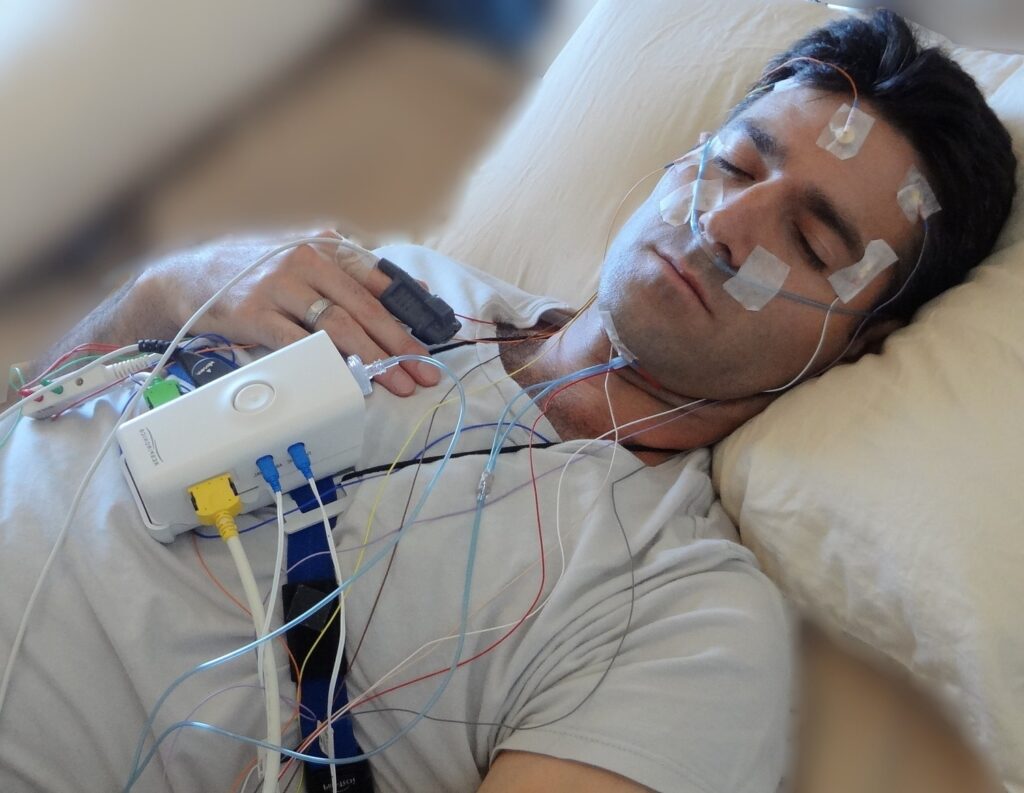

5 mg of melatonin enhanced total sleep duration compared to placebo in research published in The Journal of Pineal Research.
When compared to a placebo, 5 mg of melatonin enhanced total sleep duration in a short trial of healthy persons aged 55 and older.
Despite new research from the University of Cambridge and Fudan University indicating that seven hours of sleep is ideal, many Americans get less. In fact, according to CDC data from 2014, 35.2 percent of Americans get fewer than 7 hours of sleep every night. Many of us could use a little help falling asleep faster and sleeping better.
In the United States, Melatonin is said to be one of the most used supplements. It has become popular among elderly people in the past few decades. Although, not everyone knows how much of it is to consume, and also the studies of its effects on the sleeping quality of elderly people have generated mixed results.
In 24 healthy, older people, researchers from Brigham and Women’s Hospital evaluated whether a high-dose or low-dose melatonin supplement may improve sleep. When compared to the placebo, the higher dose extended total sleep time by more than 15 minutes for nighttime sleep and half an hour for daytime sleep, according to the study. The findings were reported in the Journal of Pineal Research.
“Because many pharmaceutical sleep aids have side effects, many older folks report using melatonin,” noted senior author Charles Czeisler, Ph.D., MD, chairman of the Brigham’s Division of Sleep and Circadian Disorders. “However, there has been limited research on the impact of melatonin on sleep health in older persons.” Our research adds to the body of knowledge by emphasizing the necessity of considering dosage and timing when it comes to the effects of supplements like melatonin, particularly in the elderly.”
Melatonin is a hormone generated by the body that aids in the regulation of a person’s sleep-wake cycle at night and during the day. At night, melatonin levels are at their peak. Hormone levels, on the other hand, are typically reduced in the elderly. Exogenous melatonin is an over-the-counter dietary supplement that comes in the form of a pill or capsule that may be taken before night.
To properly examine the effects of melatonin supplementation, the researchers focused on healthy, older persons with no history of major sleep disorders. All available participants were tested for sleep issues. The study’s participants varied in age from 55 to 78 years old (13 women and 11 men).
During the month-long research session, participants lived in separate study rooms with no windows, clocks, or other time indications. Participants used a forced desynchrony strategy in which they were on 20-hour cycles rather than 24-hour cycles of days and nights to isolate the effects of relaxation from the circadian clock. This made it possible to schedule sleep at night and throughout the day, with a similar amount of awake time in between.
The researchers observed that a little dosage of melatonin had no statistically significant effect on overall sleep time, with the only changes occurring when sleep was scheduled during the biological day. Participants who took the 5 mg dose had a considerable increase in total sleep duration and sleeping efficiency, regardless of whether they slept throughout the day or at night. Participants with severe sleep problems were excluded from the research, thus the results may not apply to them.
“It’s interesting to discover evidence that melatonin may affect sleep in older individuals at night,” said lead author Jeanne Duffy, MBA, Ph.D., of the Division of Sleep and Circadian Disorders. “We know that so many older people have problems sleeping.” “However, before using a dietary supplement, consumers should speak with their primary care physician and obtain a referral to a sleep expert to rule out an undetected sleep condition,” she says.





